Certification of Crop Production
Providing organic certification services for Crop Production is one of our core areas of expertise, in which we have extensive experience.
Organic crop production involves cultivating crops while adhering to strict standards and requirements.
We have a proven track record in certifying crop production according to international and private standards, including the EU Organic Regulation, Canada Organic Regime (COR), Bio Suisse (Switzerland), Naturland (Germany), and KRAV (Sweden), both within Ukraine and abroad.
Our certification covers a wide range of crop production, including cereals, legumes, industrial crops, oilseeds, fruits and berries, medicinal plants, nut crops, and open-field and greenhouse vegetables.
Certification involves the thorough verification and assessment of production methods and products to ensure compliance with organic regulations. Upon successful certification, we issue internationally recognized certificates, granting our clients access to premium organic markets.
Organic Standard provides a comprehensive range of services that encompass inspections and certification based on various standards and ongoing support for the Operator during the entire certification process. We place great importance on the expertise of our specialists and continuously enhance their skills and qualifications. As a result, this approach allows us to deliver high-quality service to our clients.
Requirements for Crop Production
The general requirements for organic crop production include the following principles:
- Emphasizing the use of renewable and on-site resources.
- Employing technologies that prioritize the well-being of human health, plants, and animal welfare while minimizing or preventing environmental pollution.
- Utilizing predominantly agrotechnical, biological, mechanical, and physical methods for plant protection, alongside appropriate crop rotation and the selection of resilient varieties against pests and diseases.
- Implementing cultivation and processing techniques that optimize soil biological activity and ensure a balanced supply of nutrients to plants, including beneficial microorganisms.
- Adopting soil protection technologies to prevent soil erosion and other forms of degradation.
- Using organic seeds and planting materials for sowing.
- Completing a conversion period lasting at least 24 months for annual crops and 36 months for perennial crops (excluding fodder crops) before the first harvest of organic products.
In the process of organic production, the following practices are strictly prohibited:
- Utilization of Genetically Modified Organisms (GMOs) and products derived from or produced with GMOs.
- Application of synthetic substances, including agrochemicals, pesticides, growth regulators, and hydroponic growing methods.
- Parallel production of both organic and non-organic products by the same operator for the same product.
Organic Standards and Regulations
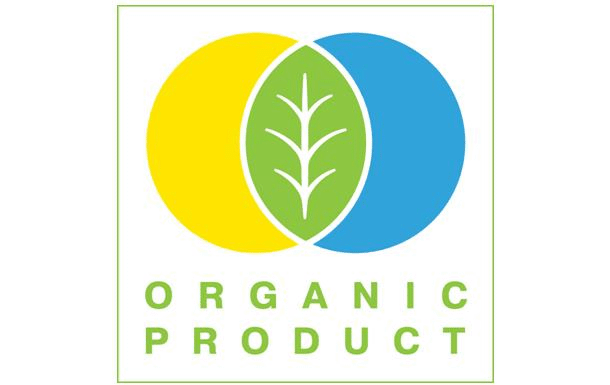
Organic Legislation of Ukraine
Certification in accordance with the legislation of Ukraine is mandatory for the production and sale of organic products in Ukraine.
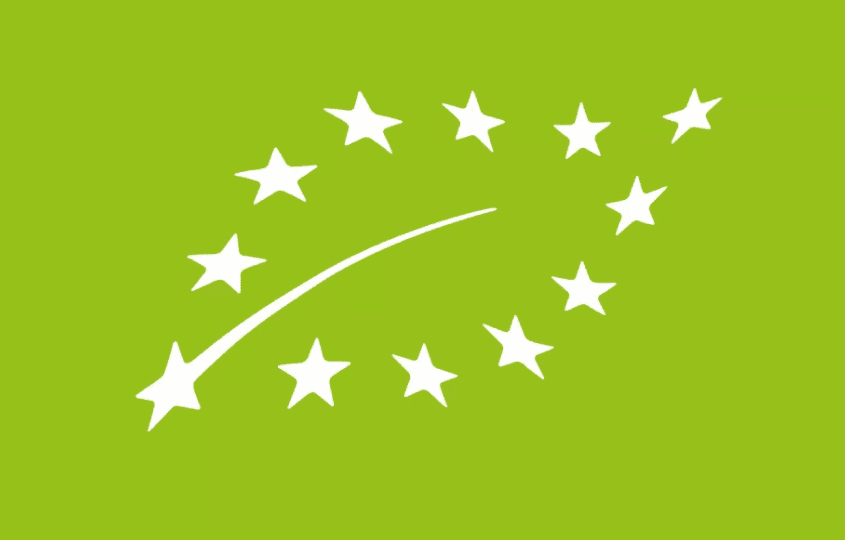
EU Regulation 2018/848
Certification in accordance with EU Regulation 2018/848 for exports to EU countries from Ukraine will be mandatory no earlier than 2024.
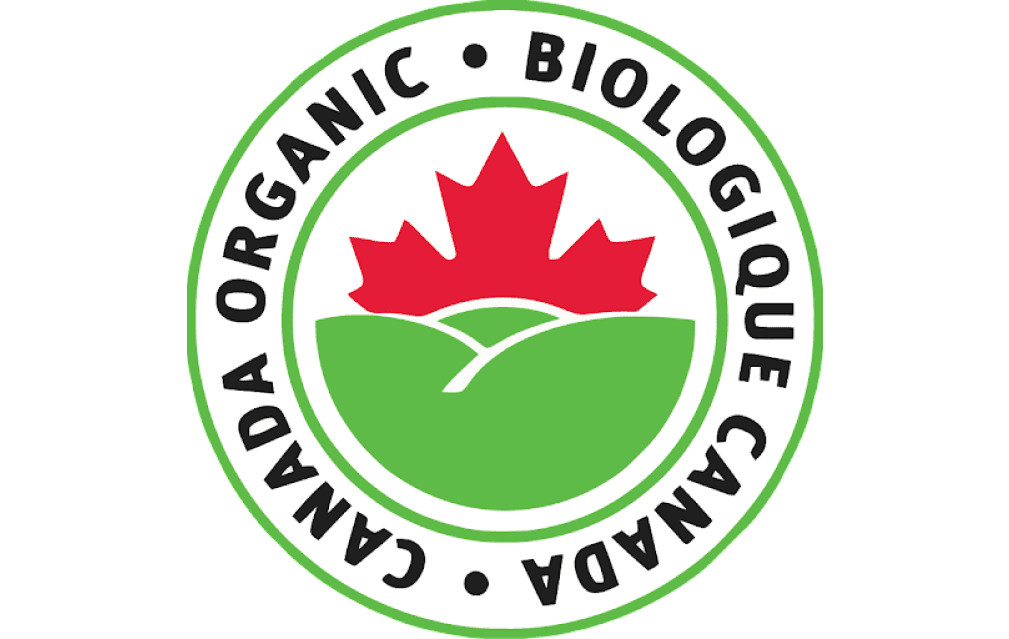
Canada Organic Regime (COR)
Certification according to COR is an important requirement for exporting organic products to Canada, which can also facilitate exports to the United States.
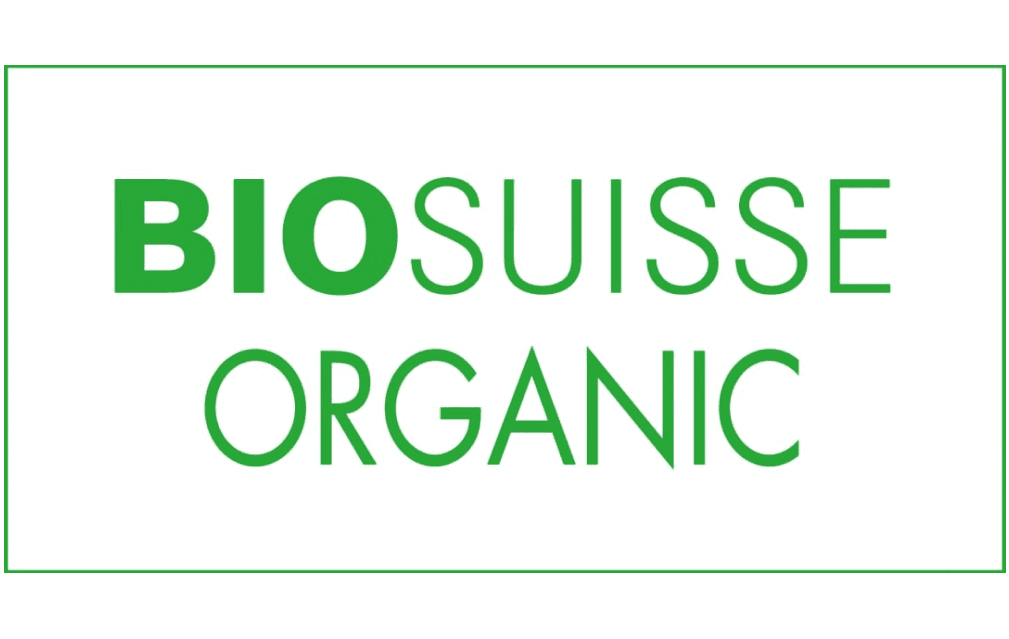
Bio Suisse
Certification according to the Bio Suisse standard is a mandatory requirement for exporting products to Switzerland.
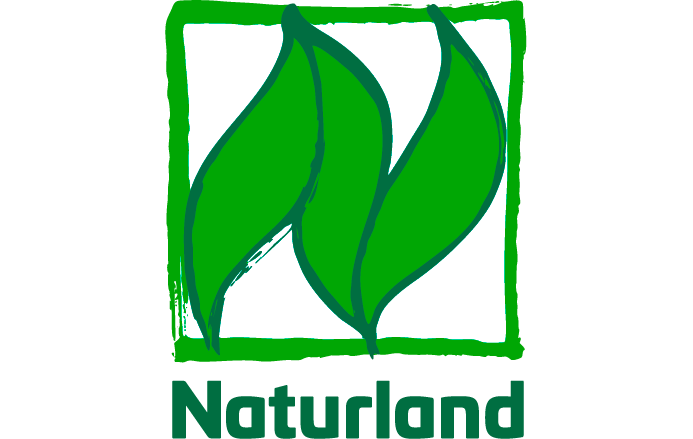
Naturland
Certification according to the Naturland provides additional advantages during the export of products to Germany.
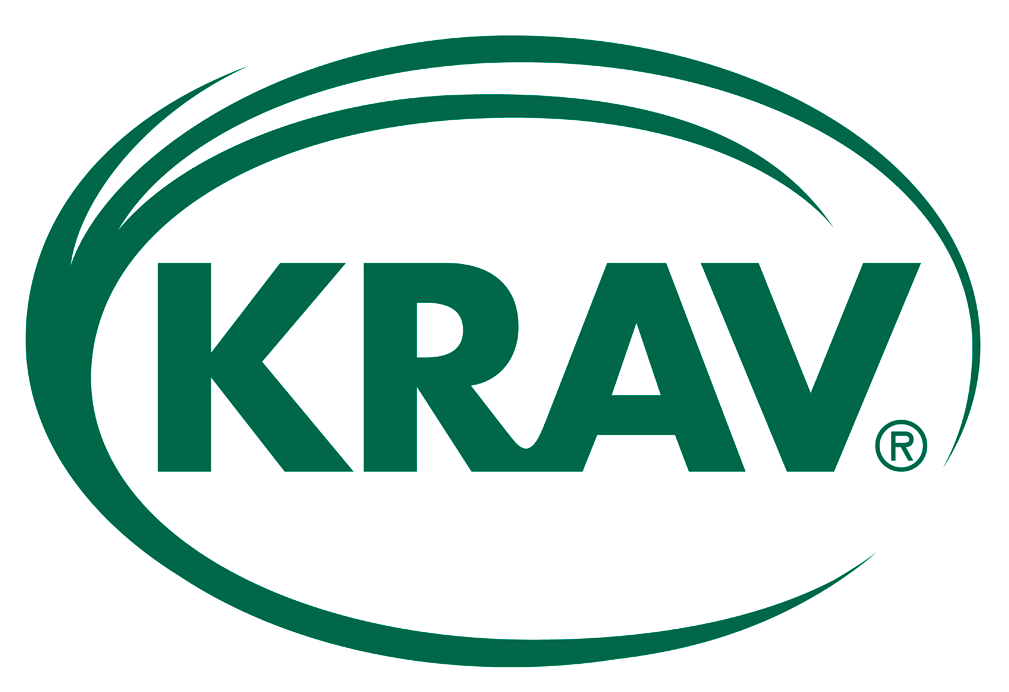
KRAV
Certification according to the KRAV Standards provides additional advantages during the export of products to Sweden.
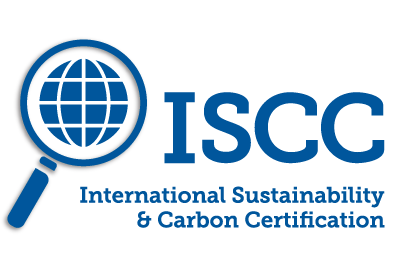
International Sustainability and Carbon Certification
(ISCC EU, ISCC PLUS)
Certification according to the International Sustainability and Carbon Certification (ISCC EU, ISCC PLUS) standard provides additional marketing advantages for exports.
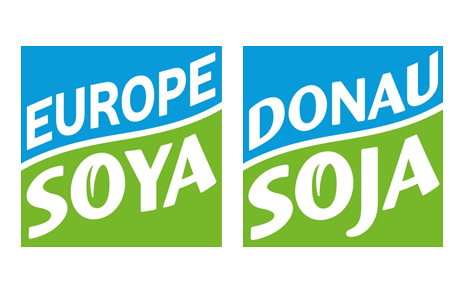
Donau Soja (DS) and Europe Soya (ES)
Certification according to the guidelines of Donau Soy or Europe Soya provides additional marketing advantages when exporting non-GMO soybeans to the European Union.
If you have any questions, please contact our specialists
Vira Pasatska
Deputy Head of Certification Department, Leading Certification Specialist
